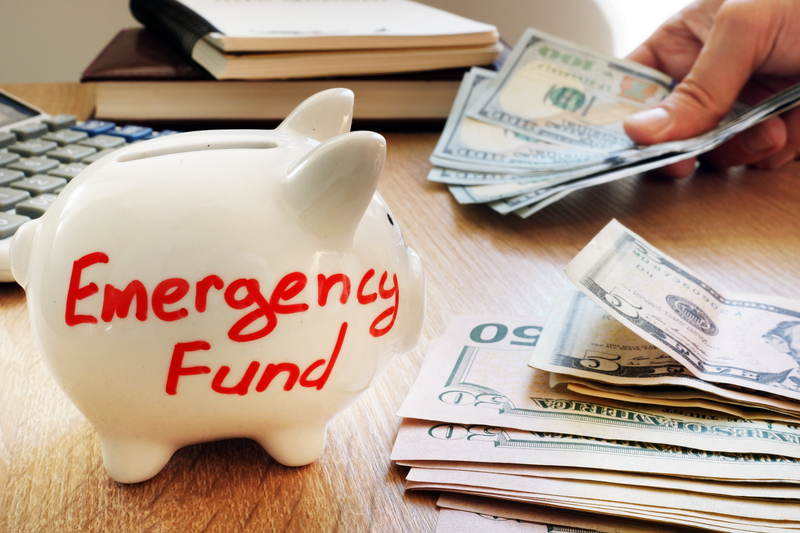Every family should keep emergency savings for any unexpected circumstance. Ideally, you should have at least three months’ worth of expenses saved up for your family. This will keep your family secure and safe during emergencies. Below are some of the common emergencies your family could face and should save for.
Plan for Job Loss
Sometimes, jobs don’t last as long as you hope. This could be because the company isn’t doing well financially or they don’t see you as a valuable asset to their company. Oftentimes, job loss happens when you least expect it. The circumstances surrounding job loss aren’t typically your fault, either.
You should always be trying to build out your network. The connections you make there could help you find a new job. You should also stay in touch with previous connections, whether those people be from past jobs or your college. Additionally, you should try to be aware of what jobs are on the market. That way, you can immediately start searching for a new job if you are to lose yours. You could also find a job that pays more, allowing you new opportunities.
Unexpected Expenses
Families often have unexpected expenses, more so than single adults. Children often don’t understand the consequences or you may be more stressed because you have to care for children. For example, you may have a child who is prone to breaking bones. A single adult wouldn’t have to worry about an unexpected expense like that.
Families also typically live in homes, so you’ll have to take care of your home. You may have a roofing emergency that can cause expensive damage to your home. This could be because of a terrible storm and a tree fell on the roof. To prepare for such expenses, make sure you have great insurance that covers property damage.
Death in the Family
No one expects to have a sudden death in the family, but unfortunately it does happen. To add insult to injury, death is actually very expensive, especially when you aren’t prepared. If the person who dies is a main provider, the loss of income can also be staggering and create financial instability to compound the grief. Make sure you have enough in your emergency fund to cover a sudden loss of income for at least a few months. It would also be a good idea to look into life insurance.
Emergency savings can take time to accumulate. However, the benefits of having emergency savings greatly outweighs neglecting them. If you’re unsure how you should save up, get in contact with a financial advisor.
Read this next: Major Expenses You Need to Plan for Before Having Kids

